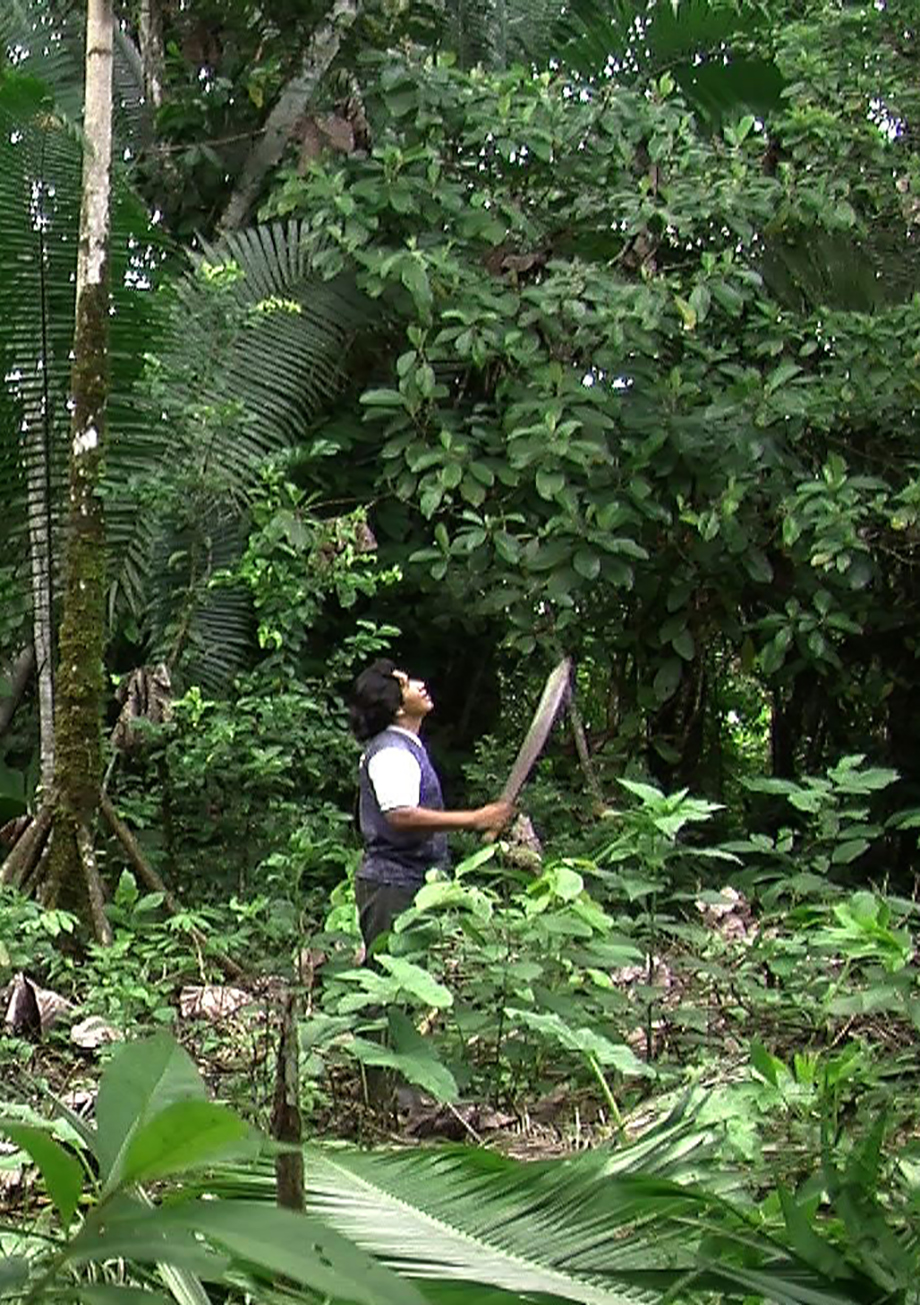- The school
- Studies and Research
- BACHELOR
- MASTER
- DOCTORATE
- RESEARCH
- TRANSDISCIPLINARITY
- POOLS
- CONTINUING EDUCATION
- Continuing education 2025-2026
- Artificial Intelligence, initiation
- Artificial Intelligence, Advanced
- Artificial intelligence open-source, ComfyUI
- Creative coding
- Engage with drawing
- Frame-by-frame animation
- Immersive Mapping : Unreal Engine & MadMapper
- 3D exhibition modeling in SketchUp
- 3D modeling, Blender
- Point cloud scanning
- Documentary podcast
- Serious games
- For students
- Studying at the HEAD
- InfoLab
- Living in Geneva
- Tuition fees and sholarship
- Library
- Regulations and instructions
- Projects
- Events
- Press
- Partnerships and prizes
Geneva Colloquium Thinking under Turbulence à la HEAD
Monday 28 September 2015
URSULA BIEMANN ET KODWO ESHUN : WHEN MATTER THINKS (QUAND LA MATIÈRE PENSE)
Presentations followed by a conversation (in English)
HEAD, Boulevard Helvétique 9,
Seminar Room CCC, salle 27, 2nd floor
7 pm
Kodwo Eshun and Ursula Biemann will elaborate upon the differing forms of research that engage with forces of matter. How are the entanglements between the inhuman and the human envisioned and narrated? How are the multiscalar relations between the earth, the world and the planet made audible, visible and affective? How do the temporal and spatial demands of planetary matter under conditions of anthropogenic violence modulate, mutate and melt the form and the function of essayistic practice?
In her lecture The Cosmopolitical Forest, Ursula Biemann will discuss the ways in which the challenge to traditional epistemology requires a post-humanist vision that rethinks the interrelations between mind and matter as one dynamic interactive system in a permanent process of molecular aggregation. Recent video works by Ursula Biemann engage with the materialities of oil and ice, the forest and water as modes of time based media that behave like video by recording human history and storing chemical alterations performed by the planet. Drawing upon the theories of Michel Serres, Isabelle Stengers and Eduardo Kohn, Biemann analyses Forest Law, a recent video produced in collaboration with architect Paolo Tavares narrated from the position of a conditional future shaped by decisions that are being made now.
In his lecture Sentient Entities, Kodwo Eshun will discuss the role played by sentient matter in contemporary modes of fiction such as the Eerie and the New Weird. In recent writings produced by theorist Reza Negarastani and novelists such as Jeff VanderMeer, matter such as oil and polluted landscapes are envisioned as post-natural media and supranatural entities that play an occult role within cosmopolitical assemblages. The malign ecologies envisioned in Cyclonopedia and The Southern Reach Trilogy relate to and differ from the hidden agencies of matter dramatized in recent works by The Otolith Group and theorist Mark Fisher and novelist Justin Barton. What are the implications of inhuman-human symbioisis and anthropic inversion narrated within these works?
Ursula Biemann is an artist, writer and video essayist based in Zurich. Her artistic practice is strongly research oriented and involves fieldwork in remote locations where she investigates the ecologies of oil and water – most recently for Forest Law in Amazonia. Biemann is part of the collective art and media project World of Matter. Her video installations are exhibited at international art biennials and museums worldwide. She is appointed Doctor honoris causa in Humanities by the Swedish University Umea and received the 2009 Swiss Prix Meret Oppenheim. Biemann is author and editor of several books including Stuff-it: the Video Essay in the Digital Age and Geography and the Politics of Mobility. www.geobodies.org Kodwo Eshun is an artist and theorist based in London. He is co-founder of The Otolith Group whose recent works have been presented in solo exhibitions at Serralves, Porto and Bergen Kunsthall and group exhibitions such as The Anthropocene Project. A Report, Haus der Kulturen der Welt and Cut to Swipe, Museum of Modern Art, New York. In 2010, The Otolith Group was nominated for The Turner Prize. Eshun is the author of Dan Graham: Rock My Religion (2012) and More Brilliant than the Sun: Adventures in Sonic Fiction (1998). He is co-editor of World 3 (2014), The Militant Image: A Cine-Geography: Third Text 108 (2011), Harun Farocki: Against What? Against Whom? (2009), A Long Time Between Suns (2009) and The Ghosts of Songs: The Film Art of the Black Audio Film Collective (2007). Eshun lectures in Aural and Visual Cultures at the Department of Visual Cultures, Goldsmiths, University of London.
The evening is the public part of the one-year colloquium “Thinking under Turbulence” that frames the curriculum of the CCC programme in 2015/16. Contributors to the Colloquium are invited guests in conversation with CCC-students and faculty members. The one-year Colloquium takes place at a transitional moment of CCC, the research-based programme on curatorial concerns in globalizing times and in techno-politics under new direction of Doreen Mende at the HEAD in Genève. It will offer time to think how such a programme can process itself further and against itself in times of accelerationist imperatives brought by financial global capitalism. The Colloquium departs from literally “a speaking together”: from com-“together” + -loquium “speaking”. A speaking together outside/inside the academy. Therefore, the concept of the Colloquium does not propose thinking to be a philosophical method to study a subject matter but departs from a moment under conditions of turbulence when knowledge is in crisis that makes it necessary for us to think, to think differently.
Contact : eric.philippoz@hesge.ch

Forest Law, un projet collaboratif d’Ursula Biemann et Paulo Tavares, 2014, video still
© Ursula Biemann et Paulo Tavares
© Ursula Biemann et Paulo Tavares
